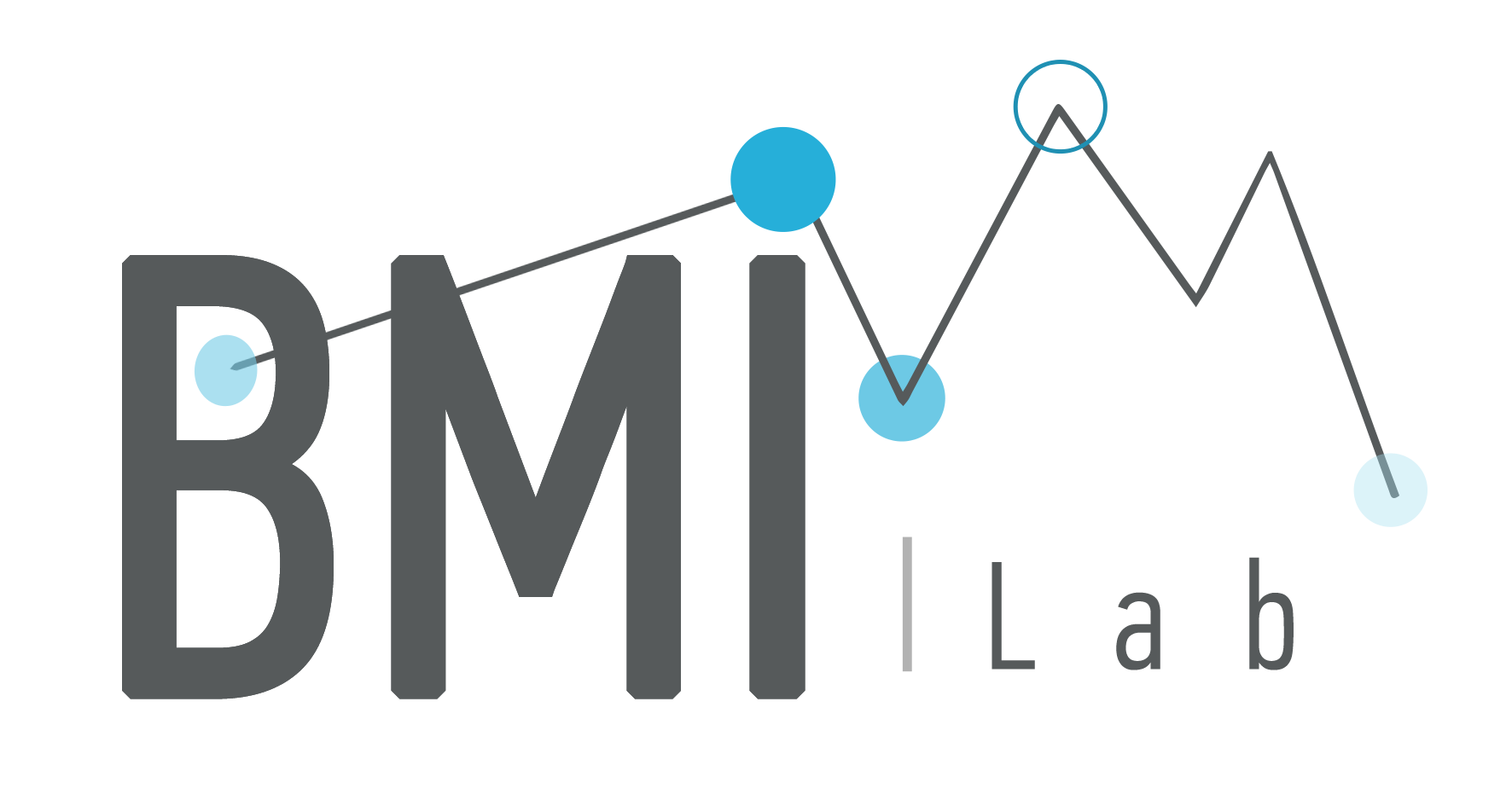| Κατηγορία | Ευρωπαϊκό |
| Τίτλος έργου | SUNRISE – SUstaiNable inteRventions and healthy behavIours for adoleScent primary prEvention of cancer with digital tools |
| Φορέας Χρηματοδότησης |
Ευρωπαΐκή Επιτροπή |
| Πρόγραμμα | Horizon Europe |
| Συντονιστής | Centre for Research and Technology Hellas (short name: CERTH) – Greece |
| Εταίροι |
|
| Διάρκεια | 01/01/2024 – 30/04/2028 (52 μήνες) |
| Συνολικός Προϋπολογισμός έργου | 5.998.408,75 € |
| Προϋπολογισμός ΕΛΜΕΠΑ |
527.500,00 € |
| Ιστοσελίδα | – |
| Στόχος έργου | Primary prevention of cancer through behaviour changes in adolescence – a critical period in which many risk behaviours are initiated –, is a huge health and societal challenge in Europe. In alignment with this need, SUNRISE will co-create, implement and evaluate an innovative digitally-enhanced life-skills programme for primary prevention of cancer through sustainable health behaviour change in adolescents, tailored to their socio-economic, cultural and environmental diversities. SUNRISE will combine an established, evidencebased digital solution for smoking prevention, with novel intervention approaches such as peer social media campaigns, advertising literacy training, educational games, and social robot platforms, to take cancer prevention approaches for adolescents in the EU to the next level. The digitally-enhanced programme and its components will be developed through co-creation with schools-as-living-labs methods involving multiple societal actors such as educators, adolescents, parents, public health experts, and policy-makers. The programme will be implemented and evaluated at large scale across 154 schools and 7500 students in urban and rural regions of 8 European countries – Greece, Switzerland, Slovenia, Spain, Cyprus, Italy, Belgium, Romania -, including socially disadvantaged groups such as migrants and ethnic minorities. The effectiveness of both methods for achieving long-term health behaviour change, as well as the implementation strategy for solution adoption and multi-country sustainability, will be evaluated. |
2810379750
bmi@hmu.gr
